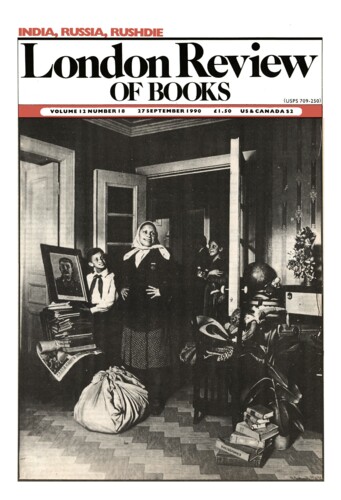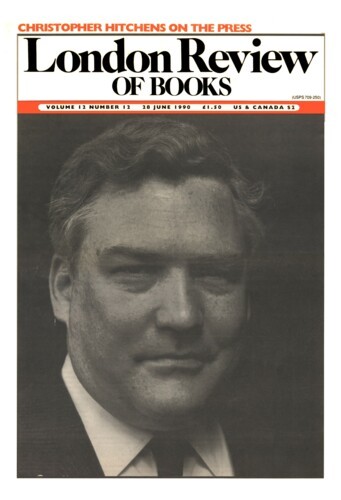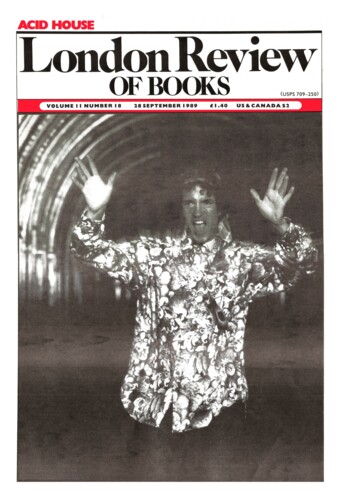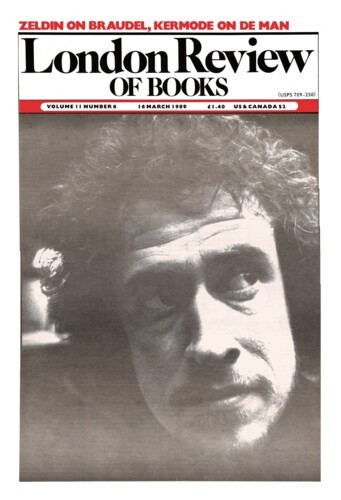Susan Minot’s volume is a slim one, and some of the pieces in it will not placate those who complain that short stories are too often too short, rather as one might hold it against the sonnet that it’s over after only 14 lines. Brevity can be the soul of more qualities than wit, and it would be a dim view of Webern to say that he lacks Schubert’s heavenly length. It’s true that minimalism has its own lacunal rhetoric, and leaving things out for the sake of it can be as tiresome as putting them in for the same reason, but Susan Minot has enough tact to ensure that her ellipticality doesn’t seem evasive. At their best, the attenuation of her stories persuades you that it’s the result of genuine compassion rather than a merely modish parsimony of materials, a sort of nouvelle cuisine of the conte.
2 more books reviewed
Susan Minot’s volume is a slim one, and some of the pieces in it will not placate those who complain that short stories are too often too short, rather as one might hold it against the...





